Productive Imagination
Series: Social Imaginaries
Series Editors:
Suzi Adams, Paul Blokker, Natalie J. Doyle, John W. M. Krummel, and Jeremy C. A. Smith
This groundbreaking series aims to investigate social imaginaries from theoretical, comparative, historical, and interdisciplinary perspectives. Its objective is to foster challenging research on the burgeoning but heterogeneous field of social imaginaries, on the one hand, and the related field of the creative imagination, on the other. The series seeks to publish rigorous and innovative research that reflects the international, multiregional, and interdisciplinary scope across these fields.
Titles in the Series
Ricoeur and Castoriadis in Discussion
Edited by Suzi Adams
Productive Imagination
Edited by Saulius Geniusas and Dmitri Nikulin
Stretching the Limits of Productive Imagination
Edited by Saulius Geniusas
Social Imaginaries: Critical Interventions
Edited by Suzi Adams and Jeremy C. A. Smith
Published by Rowman & Littlefield International Ltd.
Unit A, Whitacre Mews, 2634 Stannary Street, London SE11 4AB
www.rowmaninternational.com
Rowman & Littlefield International Ltd. is an affiliate of Rowman & Littlefield
4501 Forbes Boulevard, Suite 200, Lanham, Maryland 20706, USA
With additional offices in Boulder, New York, Toronto (Canada), and Plymouth (UK)
www.rowman.com
Copyright 2018, Saulius Geniusas and Dmitri Nikulin
Copyright in individual chapters is held by the respective chapter authors.
All rights reserved. No part of this book may be reproduced in any form or by any electronic or mechanical means, including information storage and retrieval systems, without written permission from the publisher, except by a reviewer who may quote passages in a review.
British Library Cataloguing in Publication Data
A catalogue record for this book is available from the British Library
ISBN:HB 978-1-7866-0430-9
PB 978-1-7866-0431-6
Library of Congress Cataloging-in-Publication Data
Names: Geniusas, Saulius, editor.
Title: Productive imagination : its history, meaning, and significance / edited by Saulius Geniusas and Dmitri Nikulin.
Description: Lanham : Rowman & Littlefield International, 2018. | Series: Social imaginaries | Includes bibliographical references and index.
Identifiers: LCCN 2018001518 (print) | LCCN 2018010337 (ebook) | ISBN 9781786604323 (electronic) | ISBN 9781786604309 (cloth : alk. paper) | ISBN 9781786604316 (pbk. : alk. paper)
Subjects: LCSH: Imagination (Philosophy)
Classification: LCC B105.I28 (ebook) | LCC B105.I28 P76 2018 (print) | DDC 128dc23
LC record available at https://lccn.loc.gov/2018001518
 The paper used in this publication meets the minimum requirements of American National Standard for Information SciencesPermanence of Paper for Printed Library Materials, ANSI/NISO Z39.481992.
The paper used in this publication meets the minimum requirements of American National Standard for Information SciencesPermanence of Paper for Printed Library Materials, ANSI/NISO Z39.481992.
Printed in the United States of America
Introduction
Productive Imagination: Its History, Meaning, and Significance
We imagine, therefore we are. That is, we think and we exist as social beings only to the extent that we are capable of and use imagination, individually and collectively. This has been the argument from Aristotle to Castoriadis. Imagination, then, appears to be something very intimate and the inevitable accompaniment of every, or most, of our everyday acts of personal and social being. And yet, as with many obviously self-evident and commonplace concepts, imagination appears to be familiar when we are not asking about it and yet becomes utterly strange and unknown when we start questioning it.
In particular, the concept of productive imagination, which seems to be a specifically modern invention but might have its origin in antiquity, played a very significant role in modern philosophy. And yet, there have been very few studies dedicated specifically to the discussion of productive imagination, which thus remains ambiguous and elusive to the exacting gaze of the exacting gaze of what is usually an overly self-reflective modern reason.
The present volume is meant to fill in this lacuna through a collective effort at establishing a conceptual history of the productive imagination, which considers the concept in its development by restoring the contexts and reinstating the specific questions that the concept was meant to address. Only by clarifying the concepts history can one hope to determine its meaning, and only on the basis of the determination of its meaning can one inquire into its significance. Only then can it be further examined within different philosophical, aesthetic, epistemological, moral, social, and political frameworks. The clarification of the history of the concept thus might be beneficial systematically, precisely because it is a conceptual analysis.
By bringing together diverse voices, which represent different philosophical standpoints, this book aims to offer not just a broad set of views on the productive imagination but also to give a coherent and unified narrative about its structure and significance. The contributors to this volume discuss various aspects of the concept of productive imagination as it was prefigured in ancient philosophy and appears in early modern philosophy, Kant, German idealism, Romanticism, phenomenology, and hermeneutics.
In his reconstruction of the meaning of the productive imagination, Dmitri Nikulin begins with Aristotles account of imagination and then moves on to early modern thinkers who appropriate and reinterpret the transmitted Aristotelian theory. Responding both to Aristotle and to each other, Wolff, Baumgarten, and Kant come up with a set of insights that constitute our modern understanding of the productive imagination. As Nikulin argues, the imagination embodies and lives off negativity more than any other cognitive faculty, which enables the imagination to assert itself as autonomous and independent of sensation and thinking. And yet, productive imagination cannot get rid of its dependence on sensation and thinking but still remains mediating between the two, an assertion already found in Proclus. Moreover, since imagination is the production and preservation of images, it becomes indispensable for the proper functioning of memory. However, this mnemonic role of the imagination gets blurred and forgotten in modern philosophy because of the imaginations sustained effort at becoming cognitively independent and productive.
Alfredo Ferrarin focuses on the uniqueness of Kants concept of productive imagination and establishes its meaning by distinguishing it from other related concepts, such as exhibition and creation. In his theoretical philosophy, Kant intends to break with the previous tradition of taking imagination as productive of images that are residues of past experience and instead introduces productive imagination as an a priori determination of pure intuition or schematization. Ferrarin further argues for the acceptance of imagination in practical philosophy. And although both theoretical and practical imagination share the same features, such as the simultaneity of presence and absence, practical imagination still has certain aspects that are unique to it, which are affective (as constitutive of the objects of passions, as the anticipation of a prefigured state), social (acting in instituting norms and values in shared practices), and symbolic (in the expression of the inner in a public language). As such, practical imagination exercises causality in our shared world. We might describe imagination, then, as a counterfactual, being at play in the theatre of the mind (using Wollheims term), responsible for the institution of personal identity through narrative.

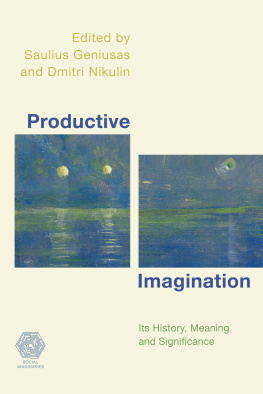
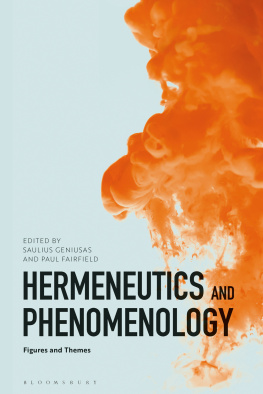
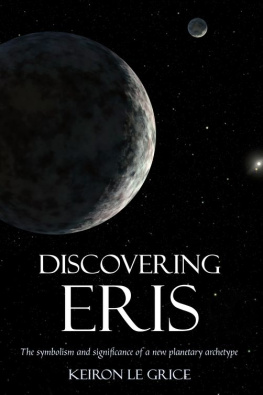
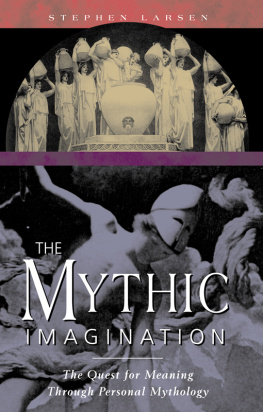
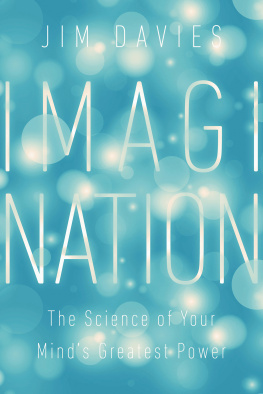
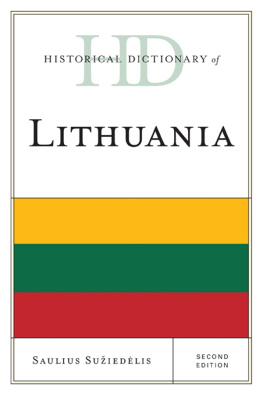

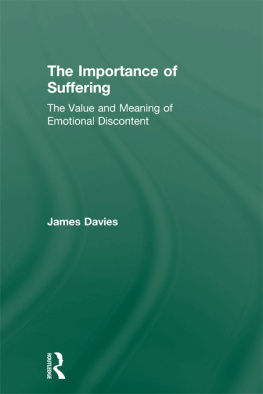
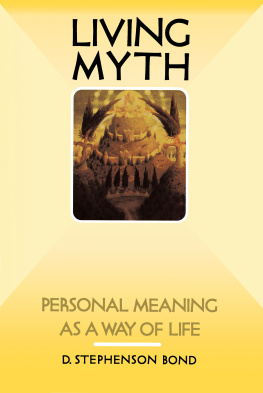

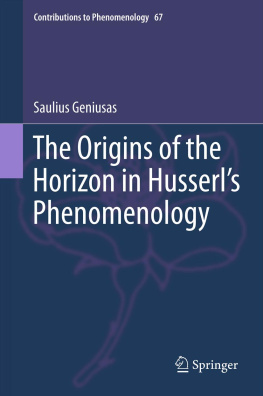
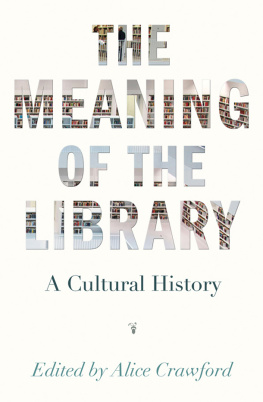

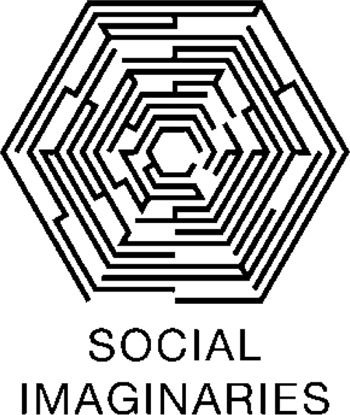
 The paper used in this publication meets the minimum requirements of American National Standard for Information SciencesPermanence of Paper for Printed Library Materials, ANSI/NISO Z39.481992.
The paper used in this publication meets the minimum requirements of American National Standard for Information SciencesPermanence of Paper for Printed Library Materials, ANSI/NISO Z39.481992.